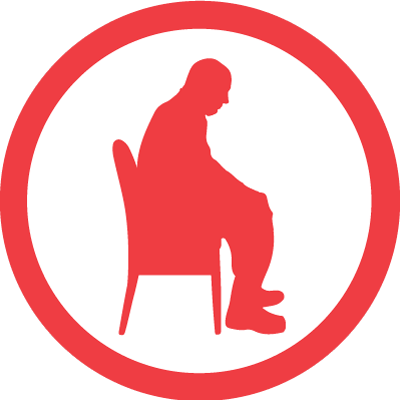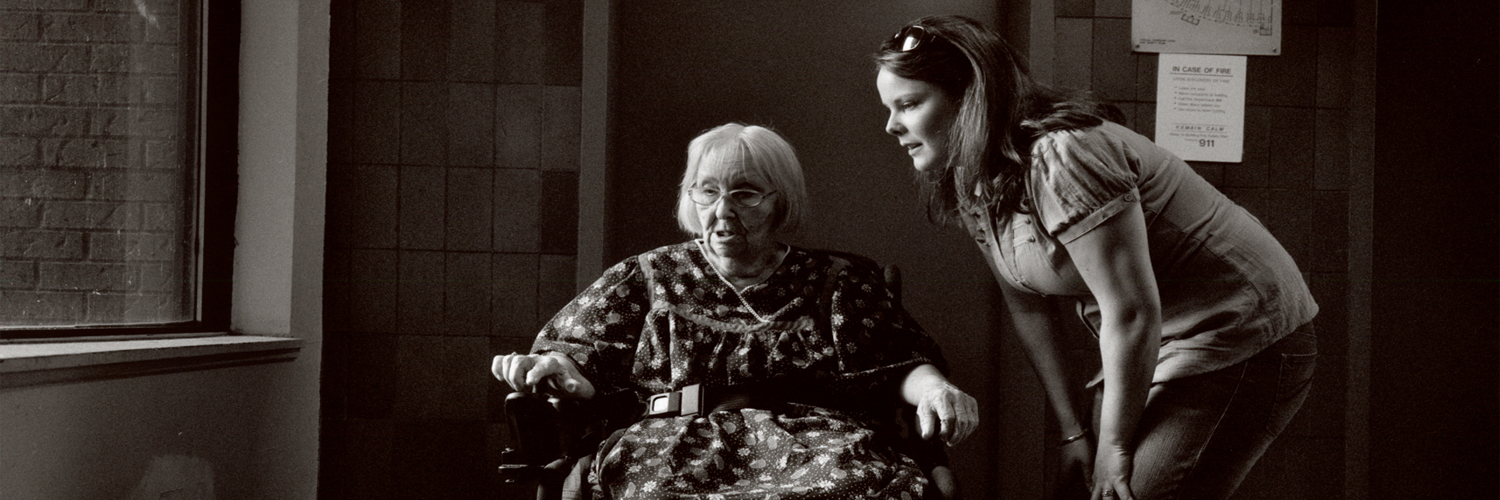June was Seniors Month in Ontario, an annual opportunity to recognize the contributions that older adults have and continue to make in communities across the province and beyond. This year’s theme “Stay Safe, Stay in Touch” was particularly poignant as it emphasized the importance of maintaining social connections for older adults, which has become even more difficult recently with the advent of the COVID-19 pandemic. While we once again celebrated the contributions of older adults, June 15th also was an opportunity to observe the United Nations recognized World Elder Abuse Awareness Day (WEEAD) – an annual day of recognition first started in 2003 by Dr. Elizabeth Podnieks, Professor Emeritus at Ryerson University’s School of Nursing.
WEEAD raises awareness and provides an opportunity to promote resources and share information to prevent elder abuse. It is estimated that as many as 1 in 10 older adults in Canada experience one or more forms of abuse at some point during their later years, most often from spouses, adult children, caregivers or another person they trust. Elder abuse is something I have written about in an earlier Sinai Geriatrics blog, however reports of elder abuse have significantly increased as a result of COVID-19, which has exacerbated the existing vulnerabilities of older adults worldwide.
What is elder abuse?
Elder abuse occurs when an older adult is mistreated or harmed, typically by someone they should be able to trust. The prevalence and severity of elder abuse is difficult to determine since, in many instances, abuses are often under-reported or go unnoticed. The Government of Canada estimates that only one in five cases of elder abuse are ever reported.
This abuse can look like:
- Stealing belongings/clothes or money
- Threatening, verbal abuse
- Withholding care or denying access to necessary services (home care, nursing) or medical attention
- Physical abuse (pushing, hitting, pinching)
- Unwanted sexual contact, inappropriate touching
Currently, financial abuse accounts for around 60 per cent of all elder abuse cases. Due to COVID-19, older adults have become more vulnerable to frauds and scams due to having to depend on others for essentials, such as groceries, while self-isolating. Sadly, when violent abuse occurs against an older person, adult children have been found to be involved in as many as 38 per cent of family assaults.
Ageism, the stereotyping or discrimination against individuals because of their age, is widespread in society and can be a factor in why older adults may not come forward about being abused. In a recent Canadian survey on ageism, 63 per cent of respondents over 65 indicated that “they have been treated unfairly or differently because of their age.” Comparatively, 80 per cent of Canadians agree with the statement, “older adults 75 and older are seen as less important and are more often ignored than younger generations.” Negative attitudes regarding older Canadians can have a significant impact on their health, well-being, and involvement within their communities.

In a Globe and Mail opinion piece from March 26, 2020, my Sinai Health geriatrician colleague Dr. Nathan Stall and myself pointed out that COVID-19 had unfortunately further fueled ageism in our society as well. We further noted how many of our responses were ignoring many of the needs and concerns of older adults. Specifically, we stated in the article how “increasingly urgent and necessary calls for physical distancing have largely neglected the inevitable worsening epidemic of loneliness among this demographic. Meanwhile, suggesting that older adults should take it upon themselves to volunteer to die or self-isolate from the rest of us has only further victimized this population.” This along with the fear that exists amongst older adults cause them to be more vulnerable to abuse – especially when ageism reinforces the notion that older adults are a burden on society and makes people less likely to believe an older person when they come forward about abuse that they are experiencing.
Given that we have been witnessing growing issues of ageism and elder abuse during this pandemic, I was pleased to see Raeann Rideout, Director Provincial Partnerships and Outreach at Elder Abuse Prevention Ontario, present on addressing and preventing elder abuse during COVID-19 at our virtual SHS/UHN COVID-19 Special Geriatrics Institute Education Day on June 25. View her presentation here.
We must continue to work to end the stigma around elder abuse and end ageism in our society and our communities. As long as it exists, our Healthy Ageing and Geriatrics Program will continue to combat it in any way possible.
Some Helpful Resources:
Date modified: 2020-07-22

